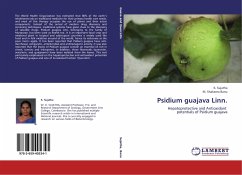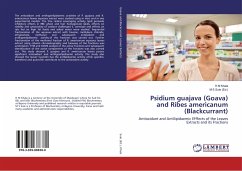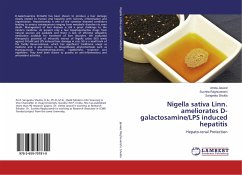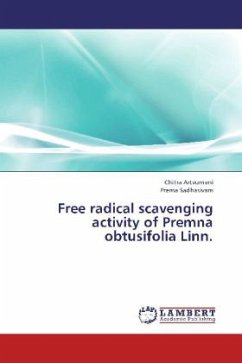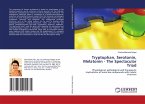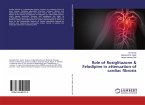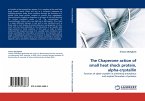The World Health Organization has estimated that 80% of the earth's inhabitants rely on traditional medicine for their primary health care needs, and most of this therapy occupies the use of plants and their active components. Instead of the arrival of modern drug discovery and screening techniques, traditional systems have given clues to the discovery of valuable drugs. Psidium guajava Linn, belonging to the family of Myrtaceae, has been used as health tea. It is an important food crop and medicinal plant in tropical and subtropical countries is widely used like food and in folk medicine around of the world, hence its nickname as the poor man's apple. It has been reported that Psidium guajava have anti-diarrhoeal, antipyretic, antimicrobial and antimutagenic activity. It was also reported that the leaves of Psidium guajava contain an essential oil rich in cineol, tannins and triterpenes. In addition, three flavonoids (quercetin, avicularin, and guaijaverin) have been isolated from the leaves. This text particularly emphasized on the hepatoprotective and antioxidant potentials of Psidium guajava and one of its isolated fraction 'Quercetin'.
Bitte wählen Sie Ihr Anliegen aus.
Rechnungen
Retourenschein anfordern
Bestellstatus
Storno

